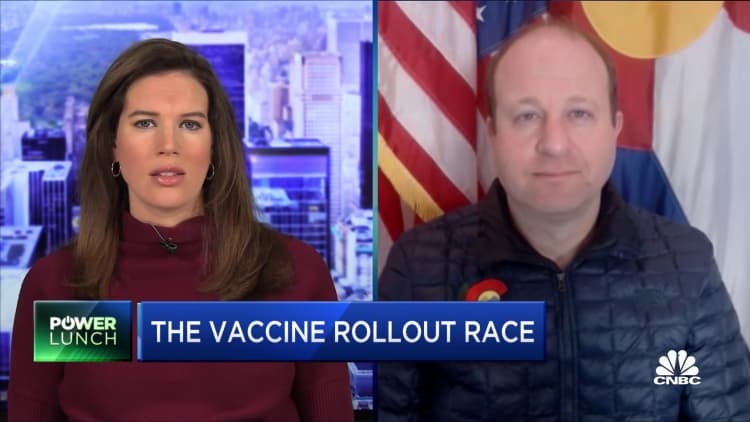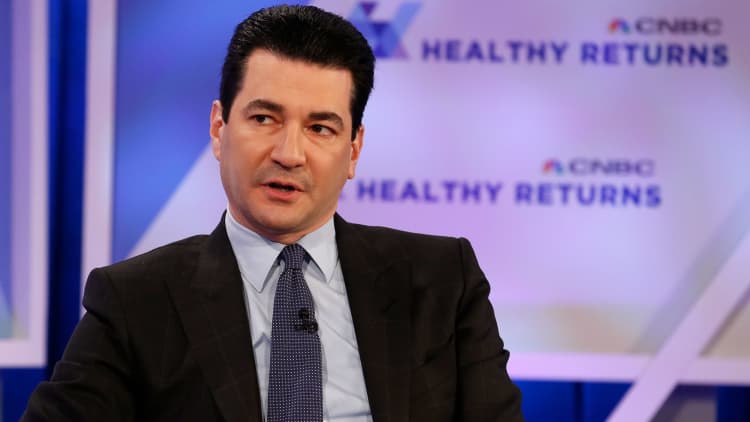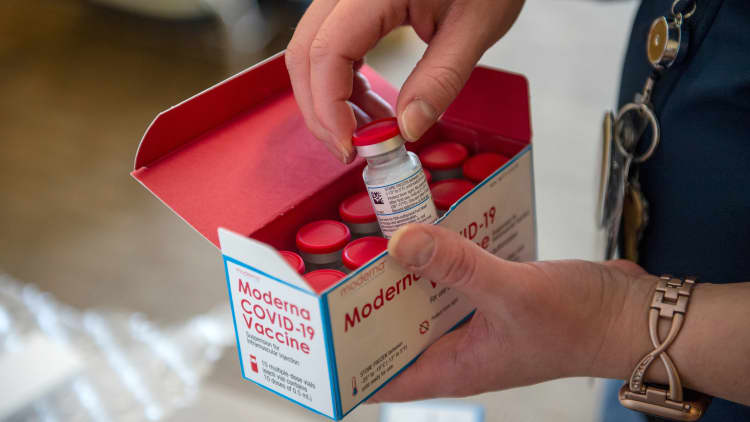The United States is averaging more than 2,600 deaths each day, according to data from Johns Hopkins University. December was the most deadly and infectious month of the pandemic for the nation, yet U.S. air travel hit its highest level since mid-March on Sunday with more than 1.3 million people passing through airport security checkpoints. Infectious disease expert Dr. Anthony Fauci on Sunday said the pandemic could likely get worse in the next couple of weeks as the U.S. deals with the delayed impact of post-Christmas holiday travel.
Here are some of the biggest headlines Thursday:
- British PM Johnson imposes national lockdown on England
- UK rolls out Oxford University-AstraZeneca vaccine to the public
- Moderna increases minimum 2021 vaccine production to 600 million doses
The U.S. is recording at least 213,437 new Covid-19 cases and at least 2,637 virus-related deaths each day, based on a seven-day average calculated by CNBC using Johns Hopkins University data.
The following data was compiled by Johns Hopkins University:
- Global cases: More than 85.49 million
- Global deaths: At least 1.84 million
- U.S. cases: More than 20.73 million
- U.S. deaths: At least 352,620




